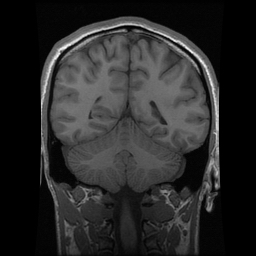Therapy: it really does work
How could simply talking to someone make you feel better? Sometimes when you feel so bad you think there’s nothing anyone could possible say that would help or make you feel better. Yet therapy helps millions of people live happier more fulfilling lives.
“You don’t expect the kind of problems that [fame] brings with it. I felt that I had to solve everyone’s problems. I was hit by this tsunami of demands. I felt overwhelmed. And I was really worried that I would mess up … I had to do it [therapy] again when my life was changing so suddenly — and it really helped. I’m a big fan of it, it helped me a lot.” – J.K. Rowling, author of Harry Potter series
Why? Here are just a few reasons why therapy can help:
- Therapeutic alliance: This is the trust between you and your therapist. You have to trust them with your feelings, your thoughts, and to help you get better without making you feel judged and at the same time protecting your privacy. Without that it’s hard to be honest with each other and it’s hard to think that therapy will help. The therapeutic alliance is really important for therapy to help you. If you feel like you can’t trust your therapist after several sessions of getting to know each other, it might mean that you should look for someone new. Therapists want to help you feel better so if they’re not the right person for you, don’t worry about moving on. Therapy can be hard work and you might not always like your therapist, however, you should always trust them.
Read more here. - Therapist empathy: No one can be in your shoes or in your head. However, a therapist should show you they care enough to try to understand how you feel. This empathy strengthens the therapeutic alliance.
- Your hopes and expectations: Going to see a therapist is a big step toward showing that you want to try hard to live a life worth living. Going into therapy with a goal to get better and having positive expectations only can help.
- New knowledge and training which can change your beliefs, behavior, even how your brain looks!: Here is where the specifics lie between different types of therapy. Think about a therapist as a life coach who teaches you new skills you didn’t know before. These skills can be used when you encounter life’s roadblocks. Using these skills helps you avoid reacting in a harmful way to negative emotions (like hanging up on a friend when they make you upset). One example we’ve blogged about before is cognitive behavioral therapy or CBT in which you learn how to see the same situation in a new light. One study showed how CBT can cause the same brain changes as an antidepressant, Venlafaxine (Effexor).
- Improve your mental and physical health, reaching goals, life satisfaction: Ultimately therapy can help you if you have a mental health problem but also improve your physical health, work toward your life goals, and feel satisfied with the direction your life is headed. There is so much not in our control but how we approach each day can be something we can take charge of with the guidance of a good therapist.
Institute of Medicine report: Psychosocial interventions for mental in substance use disorders
Featured image: Photo Credit: Alan Edwardes via Compfight cc
Did you learn something new or have something to add? Let us know.





Recent Comments